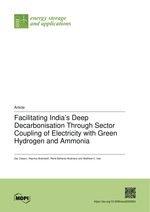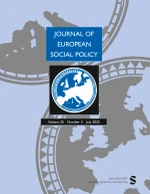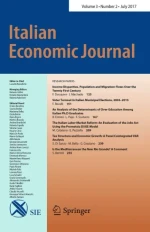Policymakers underestimate public support for climate action, Oxford research finds
New research by University of Oxford researchers from the Institute of New Economic Thinking at the Oxford Martin School, Saïd Business School and Smith School of Enterprise and Environment finds that policymakers, politicians and other policy officials greatly underestimate the public’s willingness to contribute to climate action.







